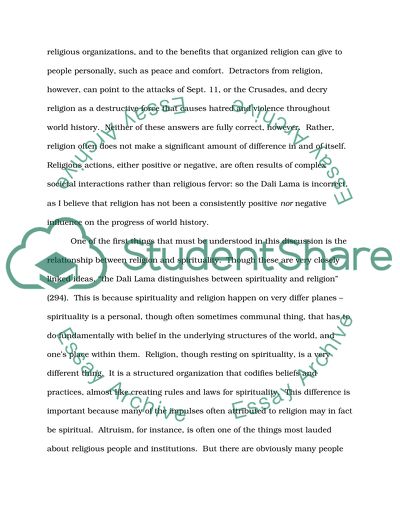Cite this document
(“The History of Religion and Religious Conflict Essay”, n.d.)
Retrieved from https://studentshare.org/english/1448121-the-history-of-religion-and-religious-conflict
Retrieved from https://studentshare.org/english/1448121-the-history-of-religion-and-religious-conflict
(The History of Religion and Religious Conflict Essay)
https://studentshare.org/english/1448121-the-history-of-religion-and-religious-conflict.
https://studentshare.org/english/1448121-the-history-of-religion-and-religious-conflict.
“The History of Religion and Religious Conflict Essay”, n.d. https://studentshare.org/english/1448121-the-history-of-religion-and-religious-conflict.


